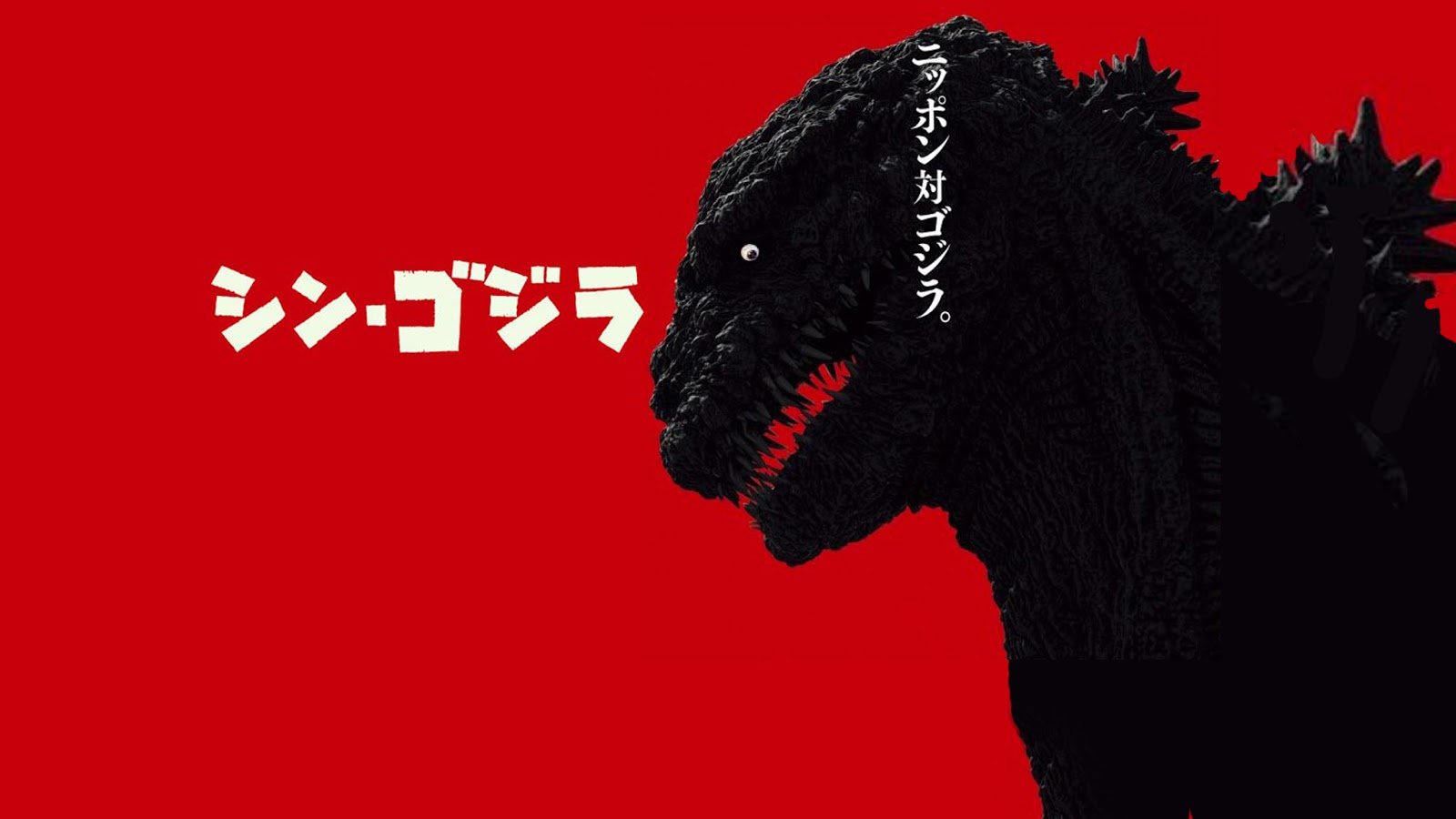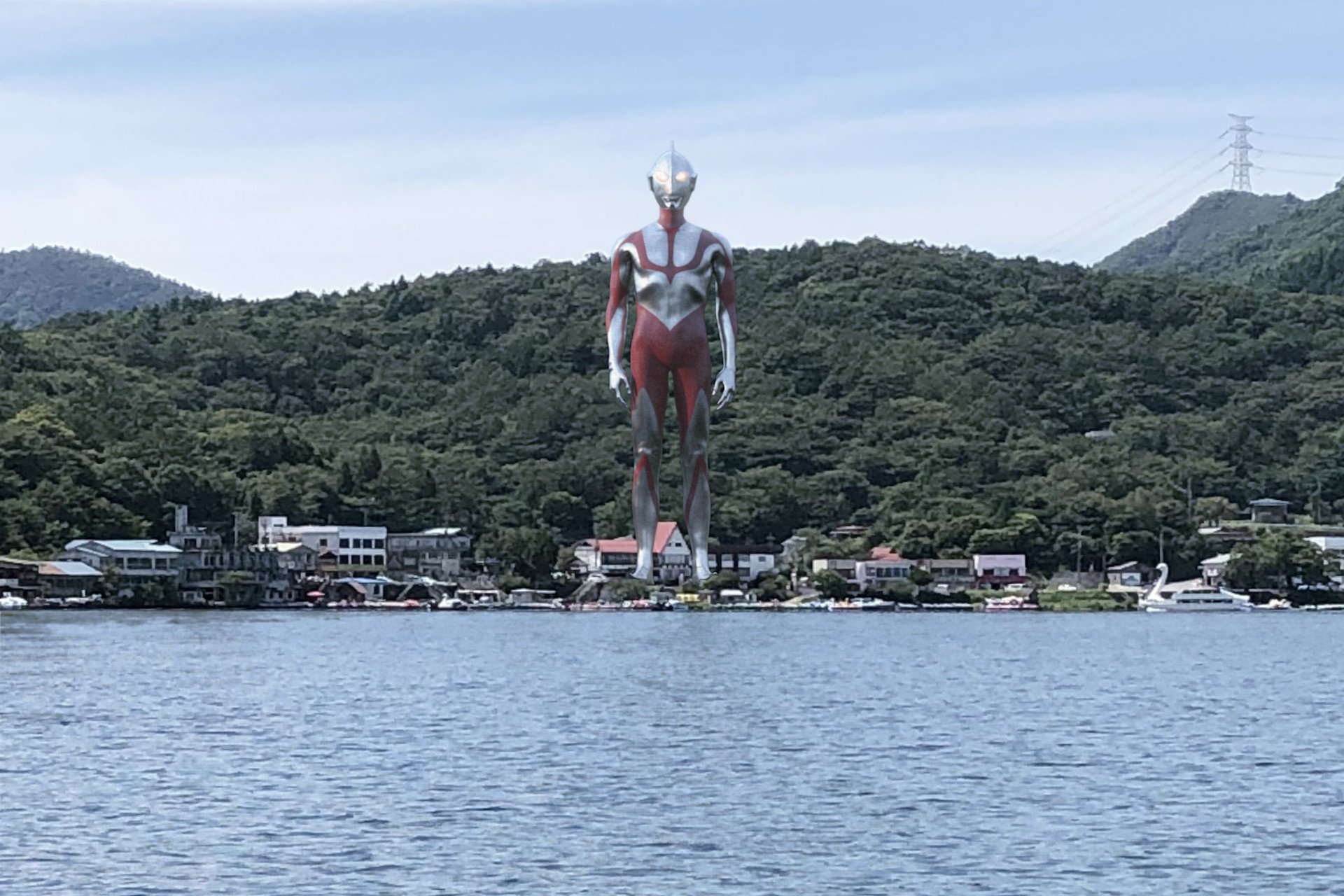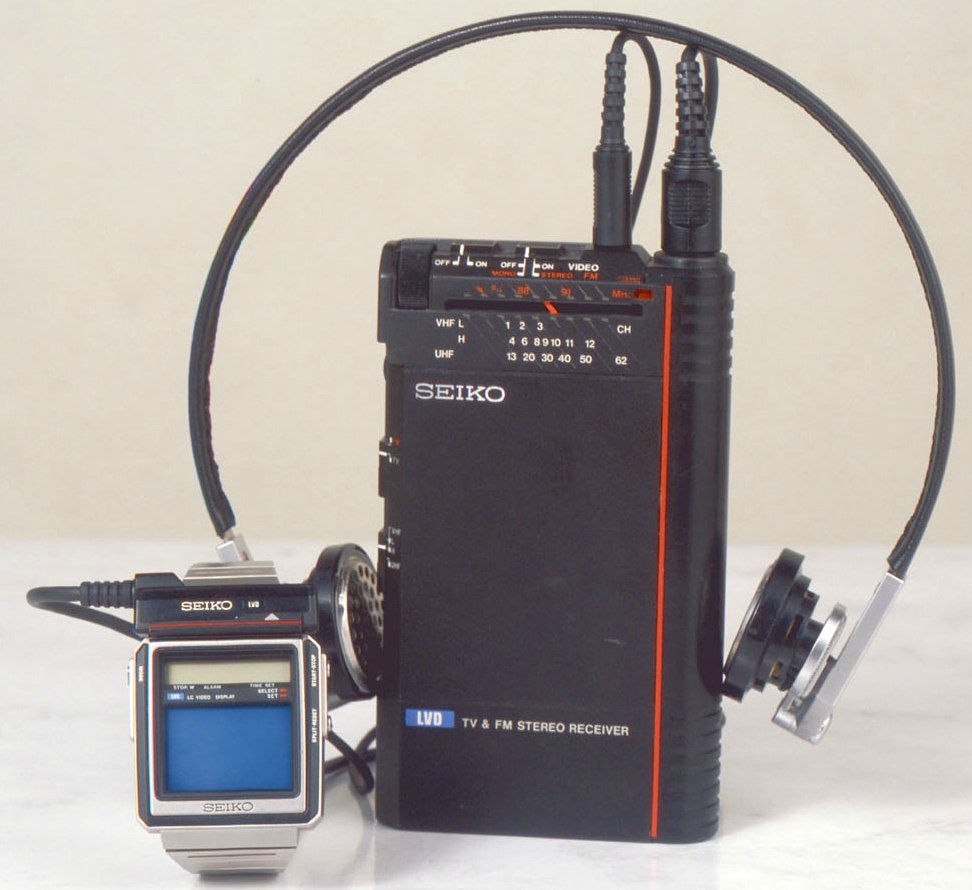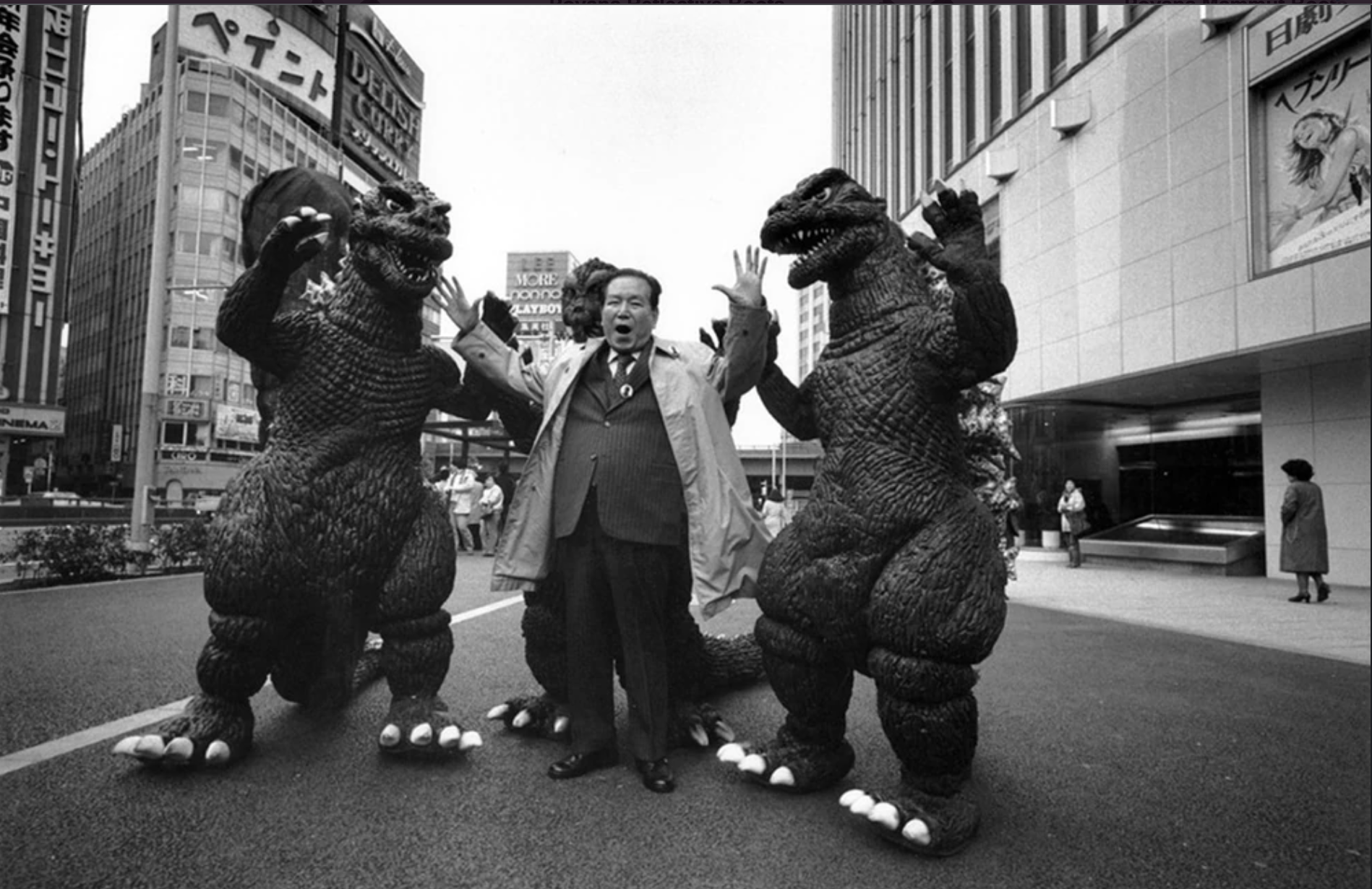Why Shin Godzilla Is So Important in Japanese Cinema

There is an endless selection of brain-numbing apocalyptic movies. Repetitive and cliche stories of hero-versus-monster with huge budgets and unstructured plots aren’t the most appealing genre.
At first glance, Shin Godzilla, a film from 2016, seems to be just another movie. However, there is a reason why it won seven awards at the Japan Academy Prize of the same year.
Shin Godzilla is one of the 28 Japanese Godzilla movies since the original film of 1954. This destructive reptilian monster is a cinematic figure almost everyone is familiar with, and no introduction is needed to its global success. In the case of the 2016 movie, it’s not the presence of the gargantuan Godzilla that assured its popularity, but rather the depth, the details, and the production of the entire film.
Unlike its predecessors, Shin Godzilla offered a realistic look into a modern reaction in the event of the apparition of such a monster. With more strategy, stress, and omniscient grief, the film gave it further political meaning with the spotlight on the Japanese government. In this version, the realism made it suspenseful and engaging, minus rubbing off the thrill and mysticism of fiction. Without being anti-authoritarian or offsetting a profound political message, it still resonates with a feeling of fragility, concerning the thin line between trust and distrust that the population has towards those in control, in times of crisis.
Directed by Shinji Higuchi and Hideaki Anno, the influence of these directors is also part of Shin Godzilla’s success. Although the latter mentioned is more known, both worked on the apocalyptic and futuristic anime Neon Genesis Evangelion. These same themes are reflected in the 2016 Godzilla film, like internal conflicts, a sense of doom, and sacrifice.
Shin Godzilla dives deep into the weakness of humanity rather than the monstrous creature, which fascinated the critics and the general audience. On top of that, it’s always refreshing to see a well-orchestrated tribute to the timeless Godzilla.
About the Author:
Mizuki Khoury
Born in Montreal, based in Tokyo. Sabukaru’s senior writer and works as an artist under Exit Number Five.





![Super Godzilla SNES [1993]: Pixelated Fire Breaths and Kaiju Goodness](https://images.squarespace-cdn.com/content/v1/57825361440243db4a4b7830/1689088313523-85OK9D2P1LDGF6EYTJTK/maxresdefault+%282%29.jpeg)